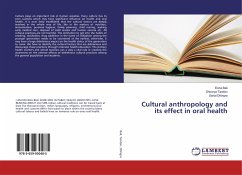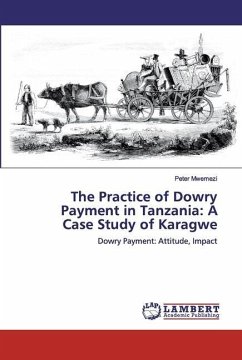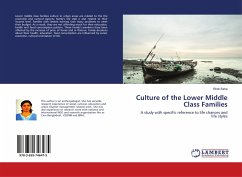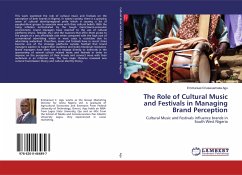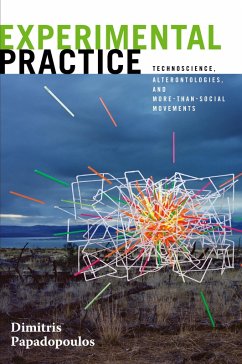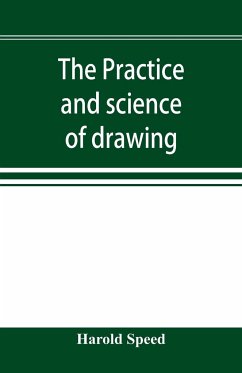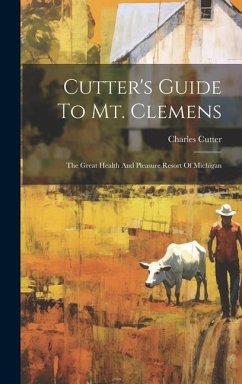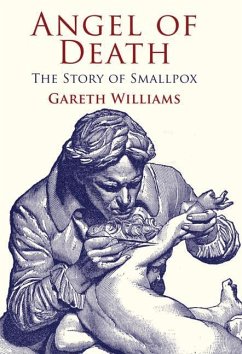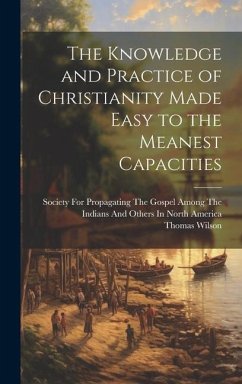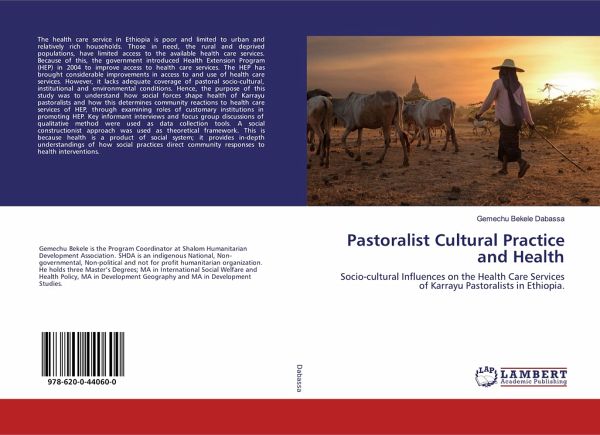
Pastoralist Cultural Practice and Health
Socio-cultural Influences on the Health Care Services of Karrayu Pastoralists in Ethiopia.
Versandkostenfrei!
Versandfertig in 1-2 Wochen
36,99 €
inkl. MwSt.

PAYBACK Punkte
18 °P sammeln!
The health care service in Ethiopia is poor and limited to urban and relatively rich households. Those in need, the rural and deprived populations, have limited access to the available health care services. Because of this, the government introduced Health Extension Program (HEP) in 2004 to improve access to health care services. The HEP has brought considerable improvements in access to and use of health care services. However, it lacks adequate coverage of pastoral socio-cultural, institutional and environmental conditions. Hence, the purpose of this study was to understand how social forces...
The health care service in Ethiopia is poor and limited to urban and relatively rich households. Those in need, the rural and deprived populations, have limited access to the available health care services. Because of this, the government introduced Health Extension Program (HEP) in 2004 to improve access to health care services. The HEP has brought considerable improvements in access to and use of health care services. However, it lacks adequate coverage of pastoral socio-cultural, institutional and environmental conditions. Hence, the purpose of this study was to understand how social forces shape health of Karrayu pastoralists and how this determines community reactions to health care services of HEP, through examining roles of customary institutions in promoting HEP. Key informant interviews and focus group discussions of qualitative method were used as data collection tools. A social constructionist approach was used as theoretical framework. This is because health is a product of social system; it provides in-depth understandings of how social practices direct community responses to health interventions.



